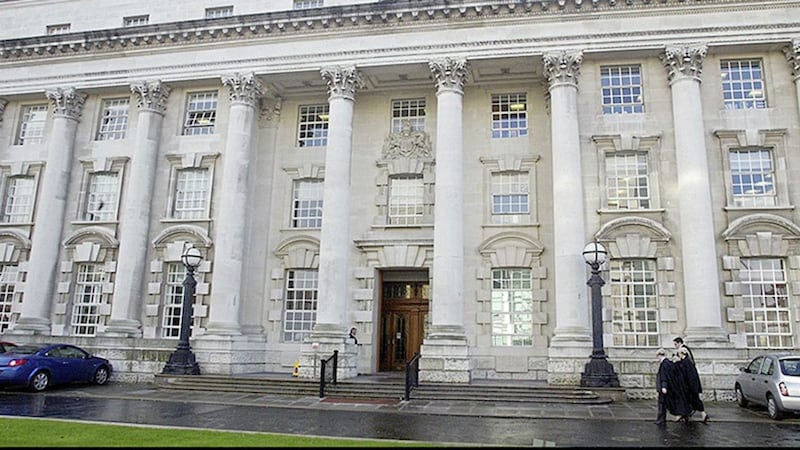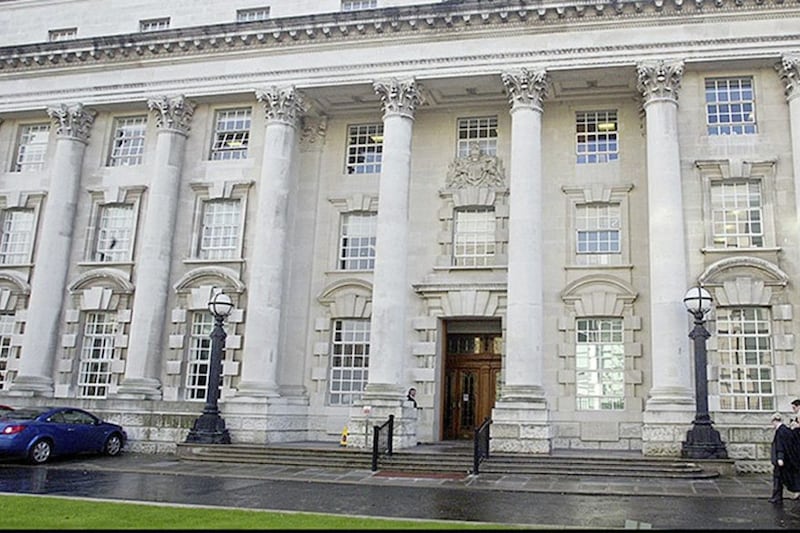A MORE than £13 million backlog of historic court fines will need its own legacy unit to rebuild public confidence in the criminal justice system, a watchdog has warned.
The Chief Inspector of Criminal Justice in Northern Ireland (CJI), Jacqui Durkin welcomed "improvement" in the arrears collected by Court Service since 2018.
However, she has warned of a significant backlog of uncollected fines which "won't go away by itself".
A CJI inspection report published today examined Court Service enforcement action over defaults and failure to pay fixed penalty notices, fines and other judge-imposed financial penalties.
In 2019 monetary penalties accounted for 57 per cent of convictions in the Magistrates Court and 3.4 per cent at Crown Court.
Ms Durkin said effective enforcement "ensure(s) there is a consequence for committing a criminal offence and help prevent re-offending".
"When people who do the crime, don't pay the fine, community confidence in the criminal justice system is damaged."
The Fine Collection and Enforcement Service (FCS) was established in June 2018 and by the end of 2020 had recovered around £3.6m.
Ms Durkin said its performance "has improved every year" with a "significant" increase in fine payments, but the FCS "need the right tools to help them do their job and maximise their potential".
Inspectors discovered around 52,600 historic unpaid penalties that pre-date the FCS "estimated to be over £13 million ".
"(It) won't go away by itself but will only continue to grow without the resources and legislative power needed to take effective action," Ms Durkin said.
She said a `legacy fine unit' should be established to work with judges to bring cases back before the courts for fresh collection orders or new fine default referral hearings.
The assembly has already begun the process of bringing in new legislation for the FCS to work with the Department for Communities to deduct money from Universal Credit benefit payments "if appropriate".
However, Ms Durkin said Court Service must "effectively resource the FCS to deal with the accumulated backlog".
Inspectors said it should "secure additional contact details and key personal information about the identity of any person who has a fine imposed at court", in the same way people "provide email addresses and mobile phone numbers when making online purchases".
This would "improve communication" and reduce "reliance on posted letters to engage and encourage fine payment".
The chief inspector also said there are still too many people being sent to prison for failing to pay fines, warning Supervised Activity Orders - intended as an alternative to imprisonment for those without the means to pay - have not been effective, making up just 0.1 per cent of cases - compared with 59 per cent ending in jail time.








